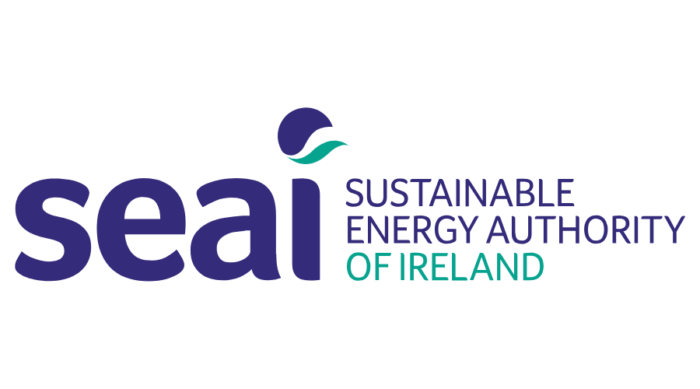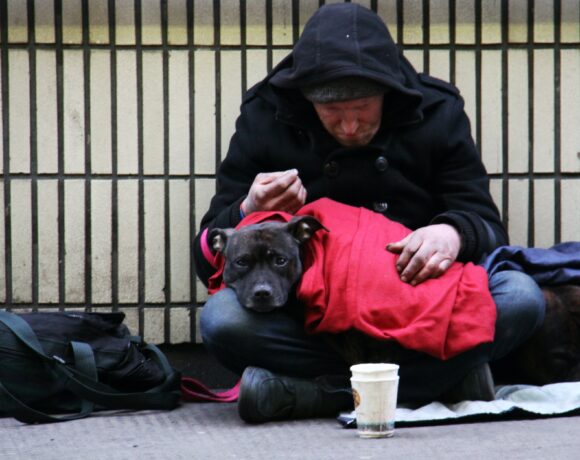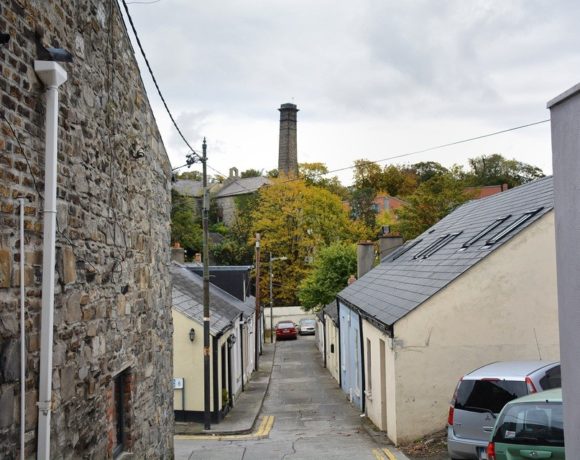The Sustainable Energy Authority of Ireland (SEAI) today published its Energy- Related CO2 Emissions in Ireland report. The report shows that energy-related CO2 emissions declined slightly in 2018, even as energy use increased. This was due to changes in the mix of fuels used, particularly for electricity generation, where more renewable energy and less coal was used. However, the overall reduction was not enough to keep Ireland on track to meet long term decarbonisation goals.
Commenting on the report Jim Scheer, Head of Data and Insights at SEAI, said;
“This report shows us once again the challenges we face in reducing our CO2 emissions from energy use. CO2 emissions from travel and heating our homes and businesses increased again in 2018. While emissions from electricity decreased, we have a hill to climb if we are to make meaningful inroads in the other sectors. The data in this report pre-dates the release of the Government’s Climate Action Plan. The ambitious course of action plotted in that plan has the potential to turn these trends around. It’s important now that citizens, businesses and Government work together to deliver on those actions to tackle the climate crisis.”
Energy is commonly split into three sectors: transport, heat and electricity. In 2018, transport was the biggest emitter of energy-related CO2 emissions accounting for 40%. Energy used for heat was the next biggest at 33% and electricity generation was responsible for 27%.
Transport emissions increased by 24% between 2012 in 2018, in line with economic growth. Transport remains almost entirely dependent on fossil fuels. Private cars were responsible for the largest share of CO2 emissions from transport in 2018 at 40%. The largest growth was in air travel which increased by 8% in 2018.
In the heat sector, fossil fuels used to heat homes were the largest source of CO2 emissions at 47%, up 8% on the previous year. Industry had the next largest share at 21%. Even with an increase in the amount of renewable energy used for heat, Ireland has the second lowest share of renewable energy used for heat in the EU.
CO2 emissions from electricity generation fell in 2018, even as the amount of electricity used increased. The reduction in CO2 intensity of electricity was due mostly to two factors, a 44% decrease in coal used for electricity generation because of a technical fault at Ireland’s only coal fired power plant, and a 16% increase in wind generated electricity. Zero-carbon renewable energy generated 33% of all electricity in 2018, up from just 7% in 2005.
Using renewable energy for heat, electricity and transport reduced CO2 emissions by 4.9 million tonnes of CO2. This is equivalent to the CO2 emissions of half of all homes in Ireland. Despite this, the latest data shows that the CO2 emissions intensity of Ireland’s energy supply is 20% higher than the European average. This is due to greater use of high carbon fossil fuels including coal, peat and oil.
Jim Scheer concluded;
“Reducing CO2 emissions from energy use requires increased energy efficiency and increasing the use of renewable energy in our energy mix. To achieve our targets, we need to tackle this urgently in every part of society. As citizens, we can play our part by changing how we use energy in our homes and how we travel. There are a wide range of Government supports available via SEAI, which have already supported over 420,000 homeowners with energy upgrades and around 9,000 car owners to purchase an electric vehicle. Community based action is also on the rise. People should get involved in the transition and avail of these, and other supports where they can.”
The 2018 energy results underline the need to swiftly implement the Climate Action Plan, which sets out over 180 actions to tackle the climate crisis across all sectors of the economy, and reduce greenhouse gas emissions by 36%. From an energy perspective, these include:
- Phasing out coal and peat from electricity generation, and taking the necessary actions to deliver 70% of electricity from renewable sources by 2030
- Creating a new national retrofit model to upgrade the energy efficiency of 500,000 existing homes to B2 equivalent Building Energy Rating
- Installing 600,000 electric heat pumps to replace fossil fuel home heating
- Enabling homeowners to generate their own electricity and sell it back to the grid under a micro-generation scheme from 2021
- Increasing the number of EV’s on Irish roads to 1 million by 2030
For the full Energy- Related CO2 Emissions in Ireland 2005 – 2018 report visit, www.seai.ie/emissionsreport













